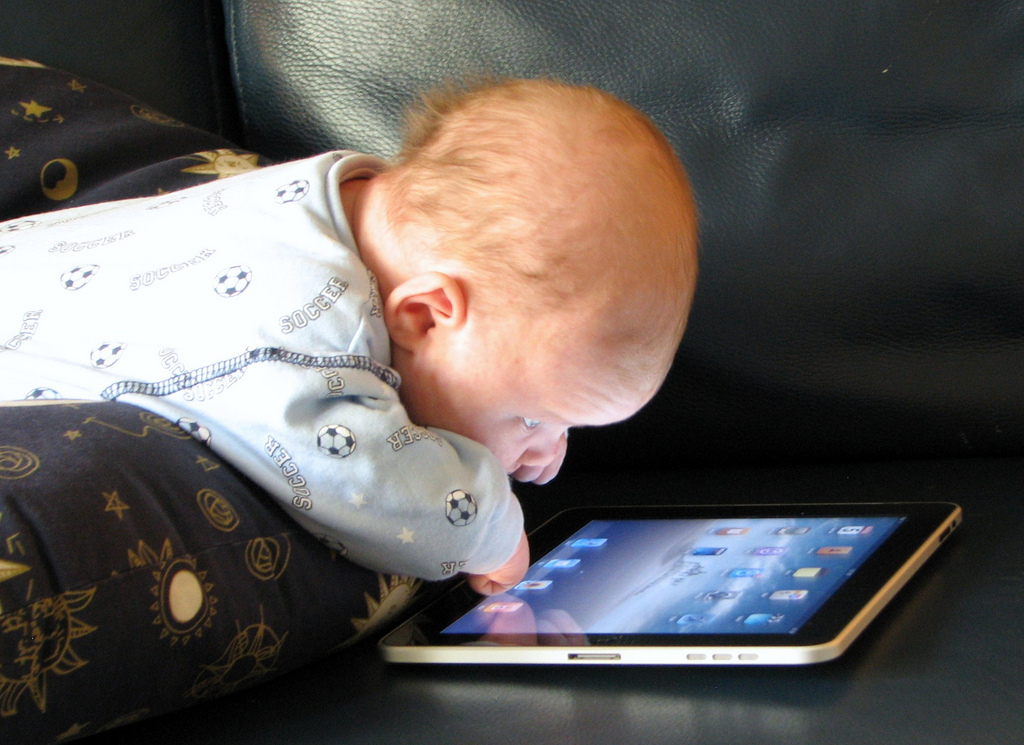Our school system, one of the largest school systems in the country, shared this op-ed piece on their Facebook page with all the students, parents, and teachers who follow them.
In it, the pro-tech author argues that even the lessened AAP recommended restrictions on screen-time for kids is unrealistic. He says:
“these devices are a godsend for those moments when a parent needs to make dinner, or when they simply need to go to the bathroom. A few moments of peace and quiet can do wonders for a parent, powering them with the patience to truck on and put on a genuine smile when the kids come calling. When it comes to limiting screen time, there’s a tradeoff between parental health, and the needs of a child—and that needs to be acknowledged.
And let’s face it, sometimes it’s fun for both the kid and the parent to watch Minions for the 30th time.”
How far we’ve come. Can you imagine a school system 20 years ago, sending a letter home recommending that parents let their kids spend more time playing Super Nintendo so they could get some peace of mind?
As parents and teachers, we need to reject the temptation to let entertainment media raise and educate our children. Children have an innate need to be loved and nurtured by their parents, mentors, coaches, and teachers. But it’s Dvorsky’s mentality that rationalizes adults’ cavalier attitude towards their children’s technology use. Ideas like his are how we as a society can allow our young people to average over 8 hours a day engaged in entertainment media. After all, we deserve the break.
I’m reminded of the controversial work of psychologist Harry Harlow, where he isolated monkeys in a specially designed cage that he dubbed the “pit of despair.” His contraption kept the young monkeys physically separated from their mothers and everyone else. These monkeys, even though provided with all the necessities of life like food and water, developed deep-seeded and irreversible psychological disorders, all because they lacked physical touch and interaction.
Technology has created the modern day pit of despair as young people voluntarily isolate themselves from their parents and peers. However, technology is a poor substitute for actual human interaction. As Dvorsky eludes to, its temptation is powerful because the convenience it provides. The seedy reality is modern forms of entertainment media are such wonderful babysitters to our children because they’re designed to be addictive. Kids are drawn to their devices for countless hours because the software is made to exploit their impulsivity and lack of self-control.
What is telling is how a school system like ours would feel comfortable sharing this tech columnist’s opinion. It illustrates how successful technology marketing campaigns have become. It’s the tragic new normal.



